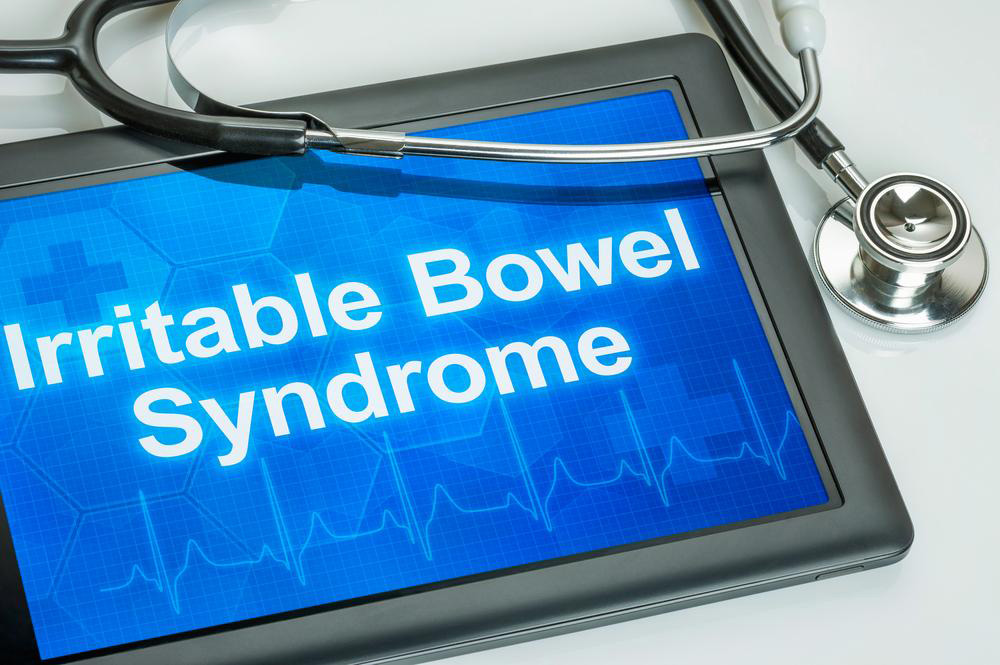Comprehensive Guide to Managing and Understanding IBS Types and Treatments
This comprehensive guide explores various types of IBS, their symptoms, diagnostic methods, and treatment options. It emphasizes personalized management strategies, including medications, lifestyle changes, and alternative therapies. The article highlights ongoing research aimed at developing more effective, lasting solutions for IBS sufferers. Proper diagnosis and tailored treatments can significantly improve patient quality of life, while awareness of symptoms and proactive care are key to managing this common gastrointestinal disorder.

Comprehensive Guide to Managing and Understanding IBS Types and Treatments
Irritable Bowel Syndrome (IBS) affects approximately 10-15% of adults in the United States. It manifests through symptoms like abdominal discomfort and irregular bowel habits. Proper diagnosis and treatment—using medications, lifestyle adjustments, or a combination—can significantly improve quality of life.
IBS Classifications
IBS is categorized into several types based on symptoms:
IBS-D: Frequent episodes of diarrhea
IBS-C: Predominant constipation
IBS-M: Alternating diarrhea and constipation
IBS-U: Unclassified, no clear pattern
Different treatments are tailored to each IBS type, focusing on symptom relief.
You can start by researching remedies and medications or consult a healthcare professional promptly.
Diagnosis and Management
Doctors may recommend tests such as:
Flexible sigmoidoscopy: Examines the lower colon
Colonoscopy: Assesses the entire colon with a flexible tube
X-ray or CT scan: Visualizes abdominal organs to identify causes
Alleviate mild symptoms by managing stress and adjusting your diet—drink plenty of water, avoid fast foods, consume high-fiber diets, and exercise regularly.
If symptoms are severe, your doctor may prescribe medications such as fiber supplements, laxatives, anti-diarrheal drugs, anticholinergics, antidepressants, or pain relievers. Ongoing research is introducing new treatments, aiming for faster and more permanent solutions. Additionally, alternative therapies like hypnosis, acupuncture, peppermint oil, probiotics, and stress management can be beneficial.










